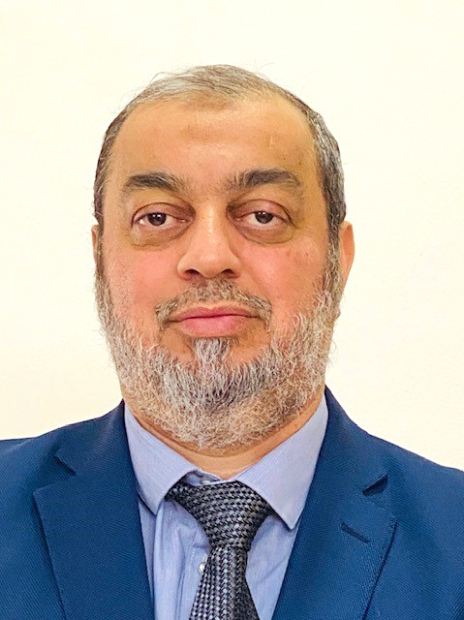As Bahrain and other Gulf nations grapple with limited freshwater resources and rising food demands, the way we water our crops is coming under increasing scrutiny.
Agriculture consumes nearly 70 per cent of all freshwater globally – and much of it is lost due to outdated irrigation systems. In a warming climate with declining groundwater reserves, smarter irrigation is no longer a luxury, it’s a necessity.
Traditional irrigation methods such as surface or basin irrigation – still widely used in many parts of the region – can waste up to 40pc of water through evaporation, deep seepage and runoff.
Runoff refers to the water that flows over the soil surface instead of soaking in. This not only wastes precious water but can also lead to erosion and soil degradation.
These practices were built for a different era. Today, the future of farming depends on doing more with less.
One of the most promising solutions is drip irrigation. This method delivers water slowly and directly to plant roots through a system of small pipes and emitters, minimising waste.
A study in Egypt found that switching to drip systems saved up to 44pc of water and significantly boosted productivity.
Another smart method is alternate furrow irrigation, where water is applied to every other row instead of flooding the entire field. It helps maintain root zone moisture while reducing water use. When paired with surge irrigation, the results are even better.
Surge irrigation uses controlled, timed pulses of water rather than a continuous flow. This allows better absorption and less runoff.
A study in Pakistan’s Porali River Basin found that replacing traditional basin irrigation with these systems could save more than 12 million cubic metres of water each year – enough to irrigate nearly three times more land.
The key benefits reported included:
- Up to 83pc efficiency with alternate furrow and surge systems.
- Drip systems saved labour and reduced water input.
- More land irrigated with the same water.
Smart irrigation doesn’t stop with pipes. Sensor-based controllers are now available to help farmers water only when needed. These systems use weather data and soil moisture sensors to automate irrigation schedules.
By avoiding unnecessary watering, farmers can cut costs, improve crop health and prevent problems like over-irrigation and nutrient loss.
For Gulf countries like Bahrain, where desalination is expensive and natural freshwater sources are scarce, modern irrigation techniques offer a powerful solution.
Even small-scale farmers can benefit. Many systems, especially drip irrigation, can be implemented affordably with government support and proper training.
The Peace Corps has successfully introduced these solutions in various arid regions, showing their adaptability across different farming scales. Investing in smart irrigation means investing in food security, environmental protection and economic resilience.
With the right strategies, every drop of water can go further – feeding more people while preserving our natural resources.
(The author is assistant professor at University of Bahrain)

Fuad Musleh


&uuid=(email))